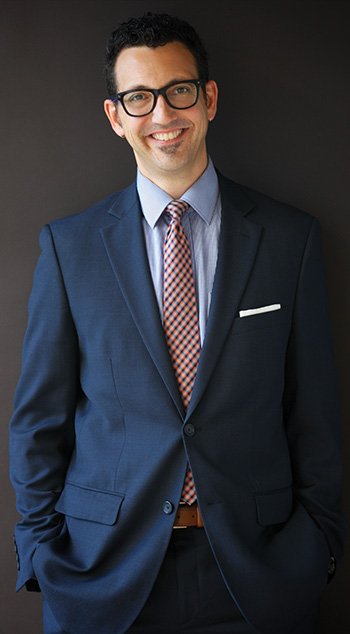
The Business of Healthcare
In the U.S., healthcare is a business, and public health is the business of the government. We act like those two things don’t interact. Of course, they interact incredibly! Healthcare delivery only makes up 10 to 15% of what makes somebody well, but takes up over 85% of the dollars that we spend as a nation on making or keeping people healthy. So anti-poverty programs, food security programs and housing programs all play a much bigger role in somebody’s ability or opportunity to be healthy
or not.
I trained at Morehouse School of Medicine, a historically black medical school whose clinical setting is Grady Memorial Hospital. It didn’t take me long as a resident in this giant county hospital to realize that our discharge plan is: Here’s a stack of prescriptions I know you can’t afford, go see a primary care doctor that you don’t have and good luck at the homeless shelter. It’s like, Surprise! They got readmitted the next week. That’s where I started to see and understand the problem.
Addressing Systemic Racism at Duke and Beyond
After the killing of George Floyd last summer, the dean at Duke University School of Medicine launched a “moment-to-movement’’ campaign which really put resources and focus on, “What does it mean for Duke to become an authentically antiracist institution? What would that take?” I was fortunate to be selected to sit on the faculty committee, and then chaired the Subcommittee on Academic Promotion and Tenure. As you start looking at data, you start seeing systemic racism in promotion and tenure at Duke. And as you look at social determinants of health, systemic racism is clearly the factor that drives all of those inequities of educational opportunities (the school-to-prison pipeline), criminalizing addiction and substance use.
I think my role now is to bring up systemic racism as much as I can, wherever I can and in whatever venue I can. Taking a step back and thinking about that arc by which I came to medicine from a social justice route of like, I want to do good things in the world, and being a doctor seems like a good way to do that. Through that I can help people.
How Hesston Helped
I don’t know that I would have become a doctor if I went to a big state school. I don’t know that I would have had the intellectual freedom to explore the humanities. Medicine for me is such a beautiful fit because it is this amalgamation of an art and
a science.
At a traditional, big state school, you get the pre-med club. And then the pre-med clubs adopt the worst of hierarchy and educational toxicity. They start jockeying for position and measuring students against each other and ranking them, versus deliberately growing and supporting everybody. But I was able to sing in Bel Canto and I took courses like Foundies and Developmental Psychology and these other things that allowed me to really think and grow and explore. If I was just kind of getting hammered into the sciences, I would have been like, “These guys are kind of lame.” They’re not thinking; they’re robots learning the technical aspects of science. Sure, you can learn to pass a test and you can do the fanciest biology and calculus. But for me the importance of having a liberal arts education, and really being fostered to think, to be your own human, to be principled about that and to know why you do what you do? That has played a huge part in my development.

